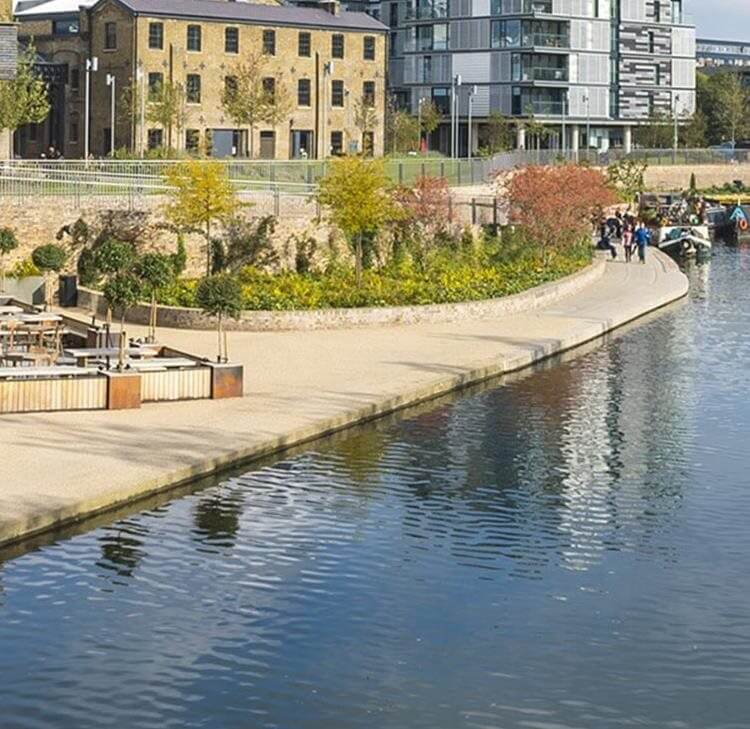Biodiversity Net Gain (BNG) is a concept that aims to leave the natural environment in a measurably better state than it was in beforehand.
This concept will be enshrined in law when parts of the Environment Act 2021 come into force (currently anticipated for November 2023), which will compel most developments to deliver at least 10% biodiversity net gain and secure habitat enhancement for 30 years.
Government guidance has been eagerly awaited and was expected to confirm an exact timeline for the introduction of mandatory BNG, as well as key policy positions underpinning the introduction of BNG within the existing planning regime.
Browne Jacobson have been monitoring developments closely, in light of the fact that preparing for mandatory BNG and its subsequent introduction will have widespread impacts for both public and private sector clients.
Government update
On 21 February 2023, the Government published a raft of guidance documents relating to BNG, including:
- the response to the consultation of Biodiversity Net Gain Regulations and Implementation: Government response and summary of responses — GOV.UK (www.gov.uk);
- guidance on “Biodiversity net gain - Information you need for BNG”: Biodiversity net gain - GOV.UK (www.gov.uk);
- guidance on how to “Sell biodiversity units as a land manager”: Sell biodiversity units as a land manager - GOV.UK (www.gov.uk); and
- guidance on combining environmental payments: Biodiversity net gain (BNG) and nutrient mitigation: Combining environmental payments: biodiversity net gain (BNG) and nutrient mitigation - GOV.UK (www.gov.uk).
Guidance was also published last week on “Biodiversity metric: calculate the biodiversity net gain of a project or development”: Biodiversity metric: calculate the biodiversity net gain of a project or development - GOV.UK (www.gov.uk).
The consultation response on the statutory metric underpinning BNG is still awaited.
Key points to note from the consultation response
Whilst we are in the process of reviewing the documents above in full, some immediate points to note include:
- Timeline: Developments being undertaken on “small sites” will not need to comply with mandatory BNG requirements until April 2024. Small sites are defined as:
- For residential: Here the number of dwellings to be provided is between one and nine inclusive on a site having an area of less than 1 hectare, or where the number of dwellings to be provided is not known, a site area of less than 0.5 hectares.
- For non-residential: Where the floor space to be created is less than 1,000 square metres OR where the site area is less than 1 hectare.
This “staggered” approach to the introduction of BNG is new (although not entirely unexpected), and the consultation response explains that the delay for small sites being mandated to deliver BNG is intended to allow both local planning authorities and developers a longer period of time to adapt to the new requirements.
Larger sites (unless exempt) will be required to comply with the BNG requirements from November 2023 — save for NSIPs, which are expected to be covered by the BNG regime by 2025 at the latest.
- Exemptions: The list of developments exempt from BNG now includes small-scale self-build and custom house building (which is a new category of exempt developments), as well as development impacting habitat of an area below a de minimis threshold of 25 metres squared, or 5 metres for linear habitats such as hedgerows; householder applications; and biodiversity gain sites. Temporary impacts that can be restored within 2 years are also to be excluded from metric calculations.
- Planning regime: More information has been provided in relation to how BNG will work within the Town and Country Planning processes. Whilst we are still considering the impact in detail, additional clarity has been provided in relation to what (and when) biodiversity gain information should be submitted to local planning authorities:
- a BNG statement should be provided alongside a planning application; and
- a biodiversity gain plan must then be submitted and approved prior to commencement of a development.
- Selling excess biodiversity units: This will be permitted, and developers who can exceed the biodiversity gain objective for a given development will be allowed to use or sell the excess biodiversity units as off-site gains for another development; this is subject to the excess gain being registered and that there being additionality for the excess units sold.
- Off-site register: Natural England will be appointed “Register Operator” to establish and maintain the register for off-site biodiversity gain sites. There will be a fee for registering off-site biodiversity gain sites, and the specific eligibility criteria for registering sites is expected to be confirmed (likely through secondary legislation).
- Statutory credits: Natural England will sell statutory biodiversity credits on behalf of the Government. Money received will then be invested, on behalf of the Secretary of State, in strategic habitat creation and enhancement projects.
- Funding for LPAs: The Government has confirmed that they will be providing further funding of up to £16.71 million for LPAs to prepare for mandatory BNG between now and November 2023. This is in addition to the £4.18 million committed to in January 2022. Reference is also made to additional “new burdens funding” following commencement of mandatory BNG in November 2023. Key issues for LPAs, however, will be how quickly this funding will be made available and the ability to recruit suitably trained officers.
We will be publishing further reflections in due course, but the above reflects immediate key observations that are likely to be of interest to both public and private sector clients.











































